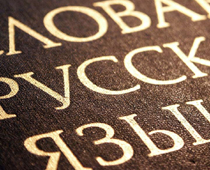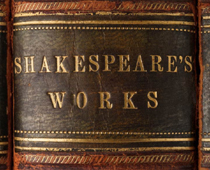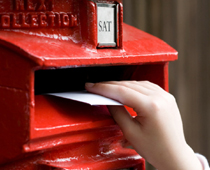| 1. |
Which of these is correct? 
|
||||||||
|
| 2. |
Which of these is correct? 
|
||||||||
|
| 3. |
Which of these is correct? 
|
||||||||
|
| 4. |
Which of these is correct? 
|
||||||||
|
| 5. |
Which of these is correct? 
|
||||||||
|
| 6. |
Which of these is correct? 
|
||||||||
|
| 7. |
Which of these is correct? 
|
||||||||
|
| 8. |
Which of these is correct? 
|
||||||||
|
| 9. |
Which of these is correct? 
|
||||||||
|
| 10. |
Which of these is correct? 
|
||||||||
|
